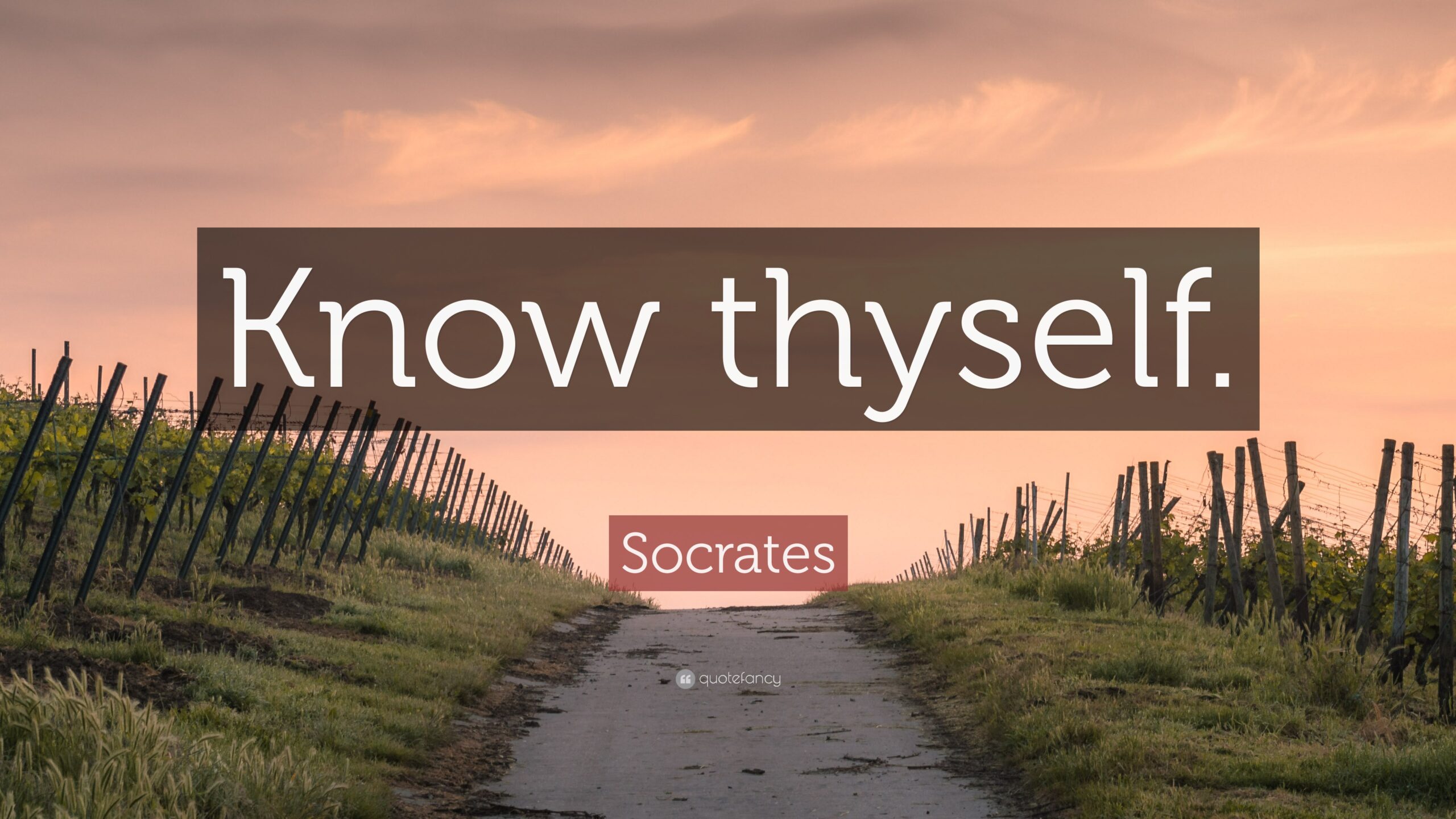
In between all the activities that characterize our summer beach resort, it helps to stand back and take a look at what matters (and what doesn’t matter) to you. In fact, this sort of self-reflection should be a part of your everyday life, especially after experiencing a crisis or difficulty. This recommitment to meaningful things might take some time and conscious effort, but it’s worth it.
A friend of mine, an active, energetic man in his 80s, was recently involved in a car collision. He was slightly injured and more than a little shaken, and his car was totally demolished. Suddenly without transportation, he lost much of his cherished independence. Family and friends helped out, but he deeply missed his daily routine.
After a few weeks of isolation and boredom, he realized that he had to recommit to his priorities. He asked himself if it was still important to live his life as he had previously, and if so, then what was he going to do about it. By the time he got over the initial trauma, he had made the crucial decision to not withdraw from the world, to confront the situation, find a new car, and bring back his favorite pleasures.
There are issues uniquely associated with aging, such as deciding at what point you’re not able to do the things you used to take for granted. But the issue of recalibrating priorities applies to all of us. Crisis doesn’t have to be negative. I’ve written about how people choose to retire and live an easier life, and then experience an emotional upheaval because they don’t know what to do with their days. Another example of this is a newly graduated college student who experiences a crisis about “where to go from here.”
A lot of this stems from not having a clear idea of what to do with your life, which can result in not knowing what to do with your days. My elderly friend knows that he wants to be independent. He wants to avoid assisted living, and he wants to drive. Because he’s basically healthy, the issue of knowing what to do is common sense. But when it comes down to the everyday decisions of how to spend his days, practical choices must be made. Should he live as a shut-in, skulking around with the blinds closed and feeling sorry for himself? Or should he demand more, reestablish his routines, and drive back out into the world? His overall goal of independence was unchanged by the temporary upheaval, and by refocusing, he figured out how he wanted to spend his day-to-day existence. All that was left was to make it happen.
A similar thing can take place with our hypothetical college graduate. He or she has quite literally spent his or her entire life in school. It provided structure and routine. Suddenly, they hear over and over, “You have your whole life ahead of you!” But lacking that structure, next month and next year can be difficult to face.
My point is this: Making decisions requires that you first know your priorities. Regular readers of this column know that I urge people to “introspect” by having a serious conversation with themselves about what makes them happy. This is vital to identifying and shaping our priorities.
Will you immediately get everything you want? Maybe not. Possibly our graduate will have to do something for a while that he doesn’t want to do. Maybe my senior friend will have to rely on grocery deliveries for a few more weeks until he finds a car he likes. But if the priorities remain firm, life will flow steadily in the right direction. From a psychological point of view, any alternative will almost certainly result in anxiety.
My experience counseling people over the years has proven that individuals who know what they want are happier than those who don’t. Nobody knows you better than you do, and nobody can (or should) make life decisions for you. The saying “freedom requires responsibility” might be even better stated: “Having choices means being responsible for knowing what you want.” We’re all responsible for evaluating what we want and how we plan to get it. The self-confidence it brings will be well worth the effort.
Follow Dr. Hurd on Facebook. Search under “Michael Hurd” (Charleston SC). Get up-to-the-minute postings, recommended articles and links, and engage in back-and-forth discussion with Dr. Hurd on topics of interest. Also follow Dr. Hurd on Twitter at @MichaelJHurd1, drmichaelhurd on Instagram, Michael Hurd Ph.D. on LinkedIn, @DrHurd on TruthSocial
